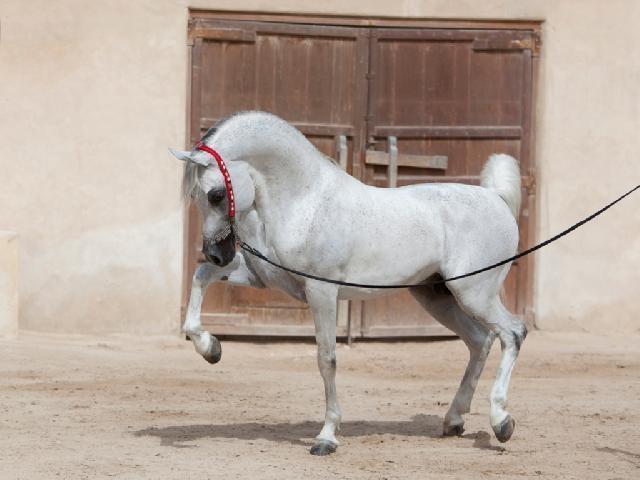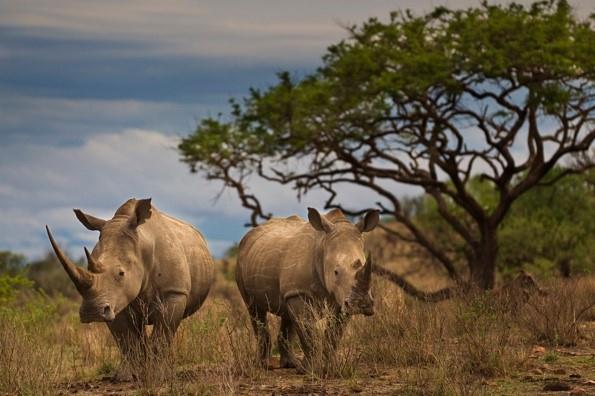The International Air Transport Association has launched a standardized global certification programme for the transportation of live animals to ensure their safety and welfare.
According to IATA, the Center of Excellence for Independent Validators for Live Animals Logistics certification provides stakeholders across the air cargo supply chain with the assurance that certified companies are operating to the highest standards in the transport of live animals.
“Last year millions of animals travelled safely and securely by air,” said Nick Careen, senior vice president of airport, passenger, cargo and security at IATA. “Animal owners and shippers rely heavily on airlines to carry their precious cargo. As an industry, we have a duty of care to ensure that standards and best practices are in place around the world to protect the welfare of these animals. For those shipping live animals the CEIV Live Animals programme will provide a reliable quality benchmark. Just as CEIV Pharma helped provide quality standards for temperature-sensitive healthcare shipments, the new programme extends that expertise to the important field of transporting and handling of animals.”

The CEIV Live Animals programme is based on the IATA Live Animals Regulations and takes into account the emotional response of different types of animals during the transportation process. The IATA LAR themselves are based on professional and operational input from industry experts, including veterinarians, animal welfare experts, government agencies involved in the regulation of animal transportation and non-governmental organizations with an interest in animal transportation.
Independent validators will conduct training and onsite audits to ensure the animals’ safety and welfare when travelling by air across the world.
Air Canada Cargo and London’s Heathrow Animal Reception Centre played a key role in helping to pilot the CEIV Live Animal programme.
“Whether it is a family relocating with their pet, a flock of sheep relocating overseas or zoo animals travelling to support conservation efforts, transporting animals by air is a complex and highly planned operation,” said Tim Strauss, vice president of Air Canada Cargo. “Ensuring that animals travel in safe, healthy and humane conditions requires coordination across the supply chain. Air Canada Cargo is delighted to be part of the CEIV Live Animals programme.”
Approximately 16,000 dogs and cats, 400 horses, 200,000 reptiles, 2,000 birds and 28 million fish travelled through HARC in 2017.
“Ensuring the safety and welfare of these animals is our main priority,” said Robert Quest, assistant director of port health and public protection at HARC. “So partnering with IATA to develop the CEIV Live Animals programme was important to us. We look forward to continuing to work closely with IATA to further enhance the programme and support its worldwide adoption by companies across the supply chain in the pursuit of operational excellence in the handling and transport of live animals by air.”

CEIV Live Animals also complies with the requirements of the Convention on International Trade in Endangered Species of Wild Fauna and Flora, including the CITES Guidelines for the Non-Air Transport of Live Wild Animals and Plants available in the LAR.
“Worldwide international standards and regulations govern the safety and welfare of animals being transport by air,” said John E Scanlon, secretary general of CITES. “The CEIV Live Animals programme helps to ensure that any legitimately traded wildlife adheres to the IATA standards and CITES requirements and we welcome its development. It is through industry working cooperatively together that can we can most effectively implement these agreed standards and requirements, and also identify and tackle illegal trade in wildlife.”
The European Union and 182 States are parties to CITES, which regulates international trade in more than 36,000 species of animals and plants.



